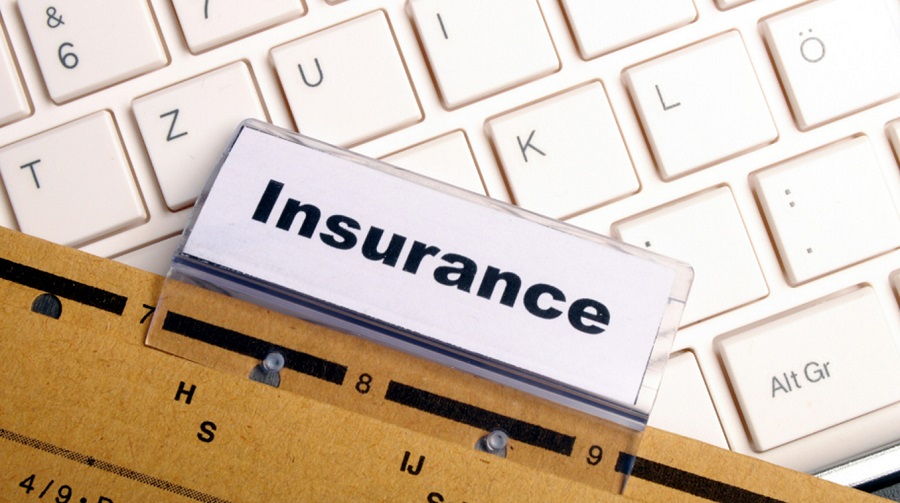Auto Insurance 101: Essential Terms Every Policyholder Should Understand

Auto insurance is an essential requirement for all vehicle owners. However, purchasing auto insurance can be overwhelming with the numerous terms and coverage options available. To help you make an informed decision, here are some essential terms every auto insurance policyholder should understand.
Premium
Premium is the amount you pay to your insurance company for coverage. It can be paid monthly, semi-annually, or annually and varies depending on factors such as age, driving record, type of car, and location. Keep in mind that a higher premium does not necessarily mean better coverage. Having auto insurance in Decatur, GA, is essential because not only is it a legal requirement, but it also provides financial security in case of any accidents.
Deductible
A deductible is the amount you must pay out of pocket before your insurance coverage kicks in. It is usually a fixed amount set by your insurance company and can range from $250 to $1000 or more. Choosing a higher deductible means a lower premium, but it also means paying more in case of an accident.
Liability Coverage
Liability coverage is a type of insurance that pays for the damages and injuries you cause to others in an accident. It includes two components: bodily injury liability and property damage liability. Most states have minimum requirements for liability coverage, but it is recommended to have higher limits to protect your assets.
Collision Coverage
Collision coverage is an optional coverage that pays for damages to your vehicle if you are at fault in an accident. It also covers damages caused by hitting an object or another vehicle. If your car is leased or financed, collision coverage may be required.
Comprehensive Coverage
Comprehensive coverage protects your vehicle against damages not caused by a collision, such as theft, vandalism, fire, and natural disasters. It is also optional but may be required if you are financing or leasing your car.
Uninsured/Underinsured Motorist Coverage
Uninsured/underinsured motorist coverage provides protection if you are involved in an accident with a driver who does not have insurance or has insufficient coverage to pay for damages. It also covers hit-and-run accidents.
No-Fault Insurance
No-fault insurance is a type of coverage where your insurance company pays for your medical expenses and damages regardless of who is at fault in an accident. It is only available in select states.
Personal Injury Protection
Personal injury protection (PIP) is like no-fault insurance but also covers lost wages and other non-medical expenses resulting from an accident.
Conclusion
Being familiar with these essential terms will help you understand your auto insurance policy better and make an informed decision when purchasing coverage. There are two types of auto insurance available, understanding the difference between commercial auto vs. personal auto insurance is essential. Remember to review your policy periodically and make necessary changes to ensure you always have adequate coverage. Stay safe on the road!








